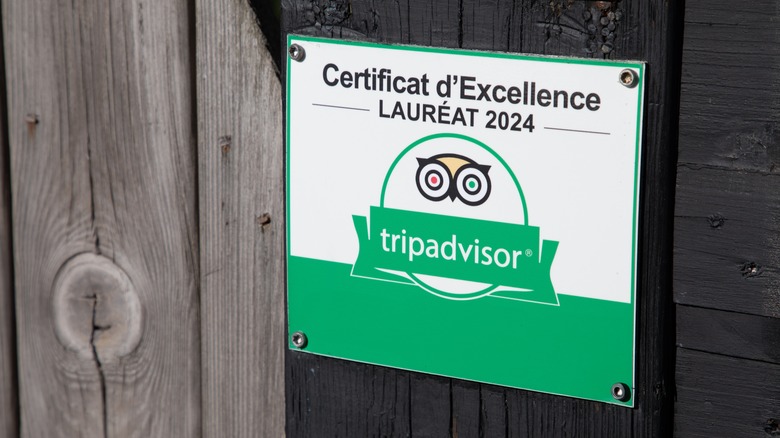One of the most challenging and difficult-to-answer questions that travelers encounter when organizing their next trip is deciding where to stay, where to eat, what to visit, and what activities to engage in during their vacation. In today’s highly connected and information-filled world, determining what is genuine and what is misleading can be quite complicated. Back in the past, travelers would consult printed guidebooks, depending on their reliable sources like Frommer’s, Lonely Planet, or Fodor’s to help them navigate from one location to another and suggest places to go.the best hotels, dining spots, and things to do. However, with the rise of travel websites, personal blogs, video diaries, and more, locating reliable suggestions can be challenging, partly due to the massive amount of information available!
Faced with numerous methods to learn about unique travel spots, many individuals rely on customer reviews to obtain reliable, genuine, and trustworthy information. It’s understandable that platforms such as TripAdvisor, TrustPilot, and Google are widely used. These sites provide access to the perspectives and experiences of real travelers who have visited a location, dined at a restaurant, or stayed at a hotel, offering authentic, personal insights and recommendations.
However, travel expert Rick Steves suggests that placing excessive trust in online reviews might not always be the most effective approach. As Steves points out, “user-generated travel review sites — like Tripadvisor, Booking.com, and Yelp — have rapidly become major forces in the travel sector,” yet they are not flawless, andyou ought to consider carefully before placing faith in reviews from Tripadvisor and similar sites.
Read more: Popular European Gestures to Be Aware Of Before Your Trip, According to Rick Steves
Biased Opinions and the ‘Echo Chamber’ Effect

The primary issue that Steves highlights regarding review websites is that although they appear to offer authentic, impartial feedback, they frequently fall short of that ideal. Steves believes that a large portion of user reviews are written by either friends or critics of the business under review. As a result, both high and low ratings may not reflect the actual experience but rather other underlying motivations.
Steves also fears that the significance of reviews could cause businesses to alter their actions in an attempt to influence guests into giving them favorable ratings. Although this might simply involve enhancing the general service or experience, it can also have a negative impact. Steves mentions that he has noticed “an increasing number of small hotels providing free breakfasts to individuals who agree to write positively about them on TripAdvisor,” a practice that results in unreliable reviews. The issue can also work in the opposite direction, with “some hotel owners reporting that guests sometimes threaten them with poor reviews unless the hotel offers them a substantial discount.”
Even if reviews are not altered, the fundamental purpose of these platforms doesn’t always provide the most engaging or helpful guidance. Steves highlights that “review sites can turn into echo chambers, where a few highly visible, appealing businesses remain at the top of the rankings. Travelers use them, like them, and praise them, leading to a continuous cycle of positive feedback.” This means that locations receiving the most reviews will consistently attract more, making it challenging for smaller places to gain recognition. Steves explains that this is why “review sites” tend to recommend very popular, conventional dining options.
How to Make the Most of Reviews

None of this implies that review sites are fundamentally negative. Steves acknowledges that he uses them personally, and he states that “[they] can be an extremely helpful resource when planning a trip.” However, he believes it’s crucial to consider critically what they offer and not to accept their opinions without question. He emphasizes that “review sites are only as reliable as the judgment of their contributors. And someone evaluating a hotel cannot assess it fairly because, in most cases, they have only stayed at that one hotel in the town.” He isn’t dismissing them as entirely unhelpful, just…warning tourists to be careful, even with top-reviewed dining establishments and hotels.
In the end, the most effective approach to using review sites is in combination with more conventional resources, such as a guidebook or a trustworthy travel blog. Steves mentions that he views review websites “as an ideal supplement to a well-maintained guidebook”.
The optimal method is to conduct some independent research and review a few travel guides. After gathering some concepts, check the reviews to help you make a decision. As Steves notes, “if a hotel or restaurant receives positive reviews in multiple guidebooks and also has high ratings on these sites, it’s probably a great choice.”
Read the original article on MathHotels.com.



